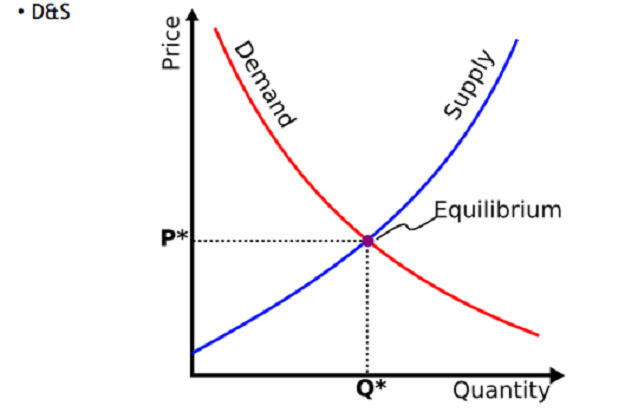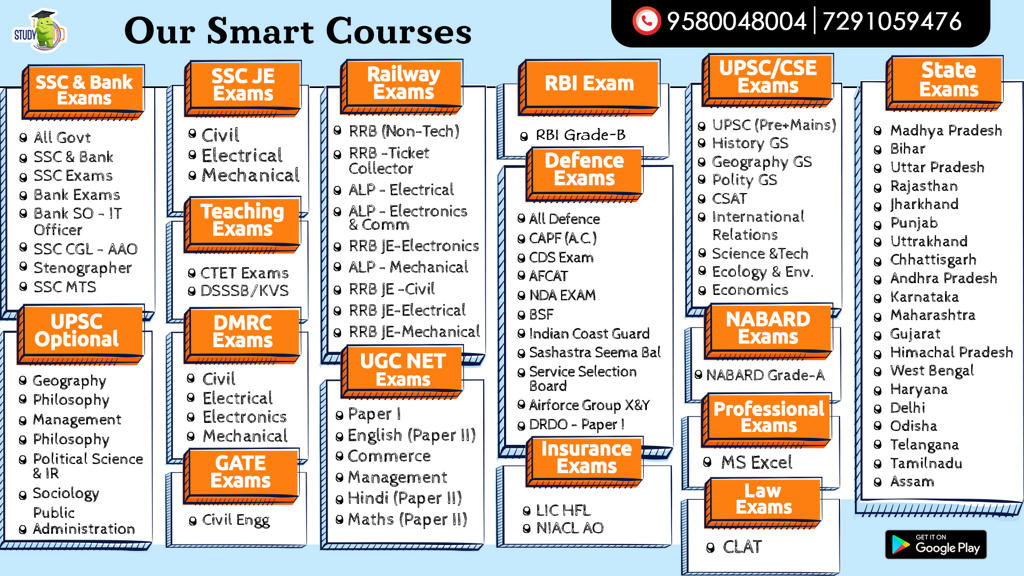Table of Contents
What’s happening?
- If the Union Agriculture Minister Narendra Singh Tomar’s statements are any indication,
- The Narendra Modi government could amend three major provisions in the Farmers’ Produce Trade and Commerce (Promotion and Facilitation) Act.
- These provisions actually represent the heart of the most contested legislation passed in the last Parliament session.
The 3 farm laws
- The Farmers’ Produce Trade and Commerce (Promotion and Facilitation)
- The Farmers (Empowerment and Protection) Agreement of Price Assurance and Farm Services
- The Essential Commodities (Amendment) Act
- Amendments to them can, thus, tantamount to a virtual rollback of the law.
Section 6
- The first provision relates to Section 6, which exempts transactions done outside the physical premises of APMC mandis
- From any “market fee or cess or levy” imposedby state governments.
- Farm unions claim it leads to an unlevel playing field between the APMC mandis and private collection centres or markets created under the new Act.
- All purchases of paddy and wheat undertaken through government-regulated mandis in Punjab now attract a 3% APMC market fee and a 3% rural development cess.
- In Haryana, the same levies amount to 2% each.
- Since there will be no taxes “under any State APMC Act or any other State law” in the alternative markets (“trade areas”),
- It can potentially lead to a diversion of trade from the existing mandis.
- Following Thursday’s meeting with representatives of the farm unions, Tomar said that the government would examine ways to bring about “samyata” between the two markets.
- Remember, the rural development cess is imposed by the state government rather than the APMCs.
Section 15
- Under it, disputes arising out of transactions in the alternative markets cannot be entertained in regular civil courts.
- Instead, these have to be compulsorily referred to conciliation boards and appellate authorities appointed by the local sub-divisional magistrates (SDM) and DCs concerned.
- Their orders would have the“force of the decree of a civil court”.
- Section 15 states that-“no civil court shall have jurisdiction to entertain any suit or proceedings in respect of any matter, the cognizance of which can be taken and disposed of” by these authorities.
- Farm unions have interpreted the bar of jurisdiction of civil courts as denial of justice.
- The SDMs and district collectors aren’t independent like regular courts.
- Being part of the government system, they are more likely to take the side of big corporate buyers, they allege.
- “If farmers feel that they will not get justice from SDMs and must be allowed to go straight to the courts, the government can consider this,” Tomar stated.
Section 4
- A third amendment could possibly be to Section 4, which requires any trader buying or selling in analternative market to only have-
- An income tax permanent account number (PAN) “or such other document as may be notified by the Central government”.
- The unions say that this very limited requirement allows room for fly-by-night operators, who will not pay farmers.
- This is unlike the traders licensed by APMC mandis, who cannot afford to default.
- If farmers don’t receive payment for their produce, they can now approach the APMC authorities,
- Who may cancel the licences of such traders and even encash the bank guarantees submitted by them.
- “We wanted to make law simple.
- But if farmers feel that anyone can easily procure a PAN card today and there should be additional protection through registration of traders, the government can consider that as well,”
- The Minister added.
Q) Which among the following is the closest to the meaning of “Silviculture”?
- Cultivation of textile crops
- Cultivation of silk worms
- Cultivation of timber
- Forest development
Latest Burning Issues | Free PDF






















 WhatsApp
WhatsApp